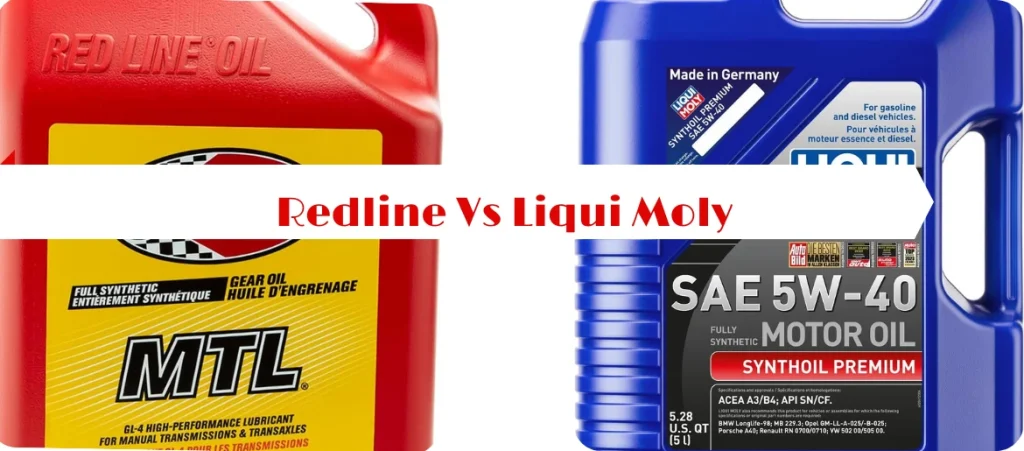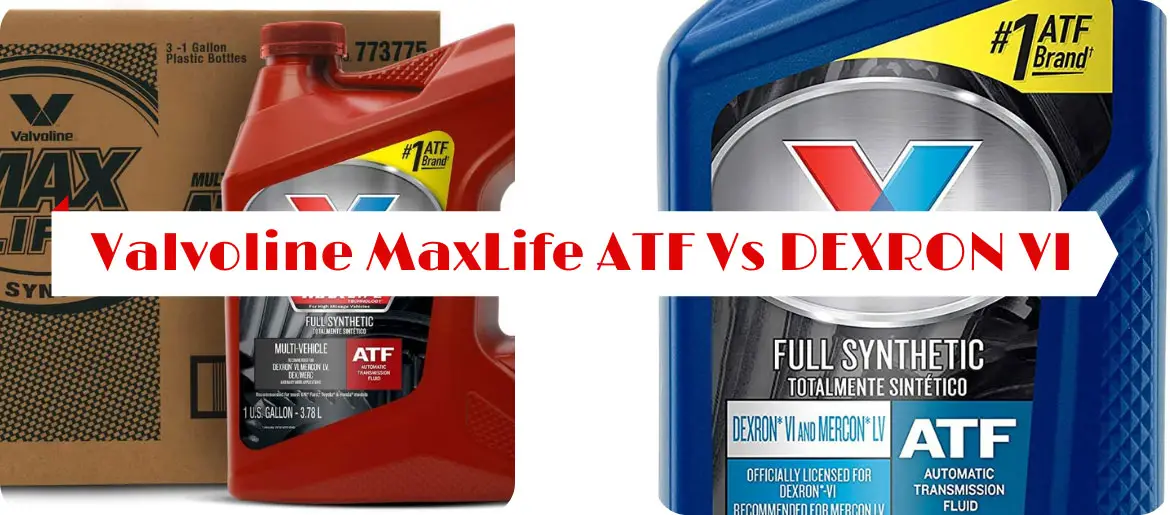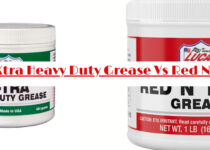Redline Vs Liqui Moly: Which Motor Oil Reigns Supreme?
When it comes to choosing the best synthetic motor oil for your vehicle, two names often come up: Redline and Liqui Moly. Both brands are renowned for their high-performance formulations, offering exceptional engine protection and longevity. But which one is the better choice for your car? In this engine oil comparison, we will analyze the formulation, performance, pricing, and best use cases of Redline Vs Liqui Moly, helping you make an informed decision.
Brand Overviews

Redline
Founded in 1979, Redline is a U.S.-based company that has built a strong reputation for high-performance motor oil. It is widely used in racing, high-performance vehicles, and enthusiast communities. Redline’s synthetic oils feature polyol ester base stocks, which are known for their superior thermal stability and lubrication properties.
Liqui Moly
Liqui Moly, a German brand founded in 1957, has become a global leader in engine lubricants, additives, and automotive chemicals. With endorsements from top automotive manufacturers, Liqui Moly’s synthetic motor oils utilize cutting-edge additives to enhance fuel economy, engine protection, and longevity. It has gained a strong following among European car owners, particularly those with BMW, Audi, and Mercedes-Benz.
Formulation and Technology
Redline’s Unique Formulation
Redline’s synthetic motor oils are full ester-based, which allows for excellent high-temperature stability and film strength. This formulation provides superior protection against engine wear and reduces friction. The oil also contains a high concentration of Zinc and Phosphorus (ZDDP), making it ideal for high-performance engines and older vehicles with flat-tappet cams.
Liqui Moly’s Advanced Additives
Liqui Moly, on the other hand, relies on hydrocracked synthetic base oils combined with proprietary Molybdenum Disulfide (MoS2) additives. This reduces wear and tear while improving fuel efficiency. The brand also incorporates cleaning detergents that prevent sludge build-up and keep the engine running smoothly.
Performance and Reliability
Driving Conditions Comparison
- City vs. Highway: Both oils perform exceptionally well in urban stop-and-go traffic and high-speed highway conditions. However, Redline’s higher film strength makes it better suited for aggressive driving and racing applications.
- Cold Climates vs. Hot Climates: Liqui Moly’s oils are optimized for cold-weather startups, offering better fluidity in freezing temperatures. Conversely, Redline’s high-temperature resilience makes it more suitable for extreme heat and track conditions.
Engine Longevity and Wear Protection
- Redline provides superior film strength and wear protection, making it a preferred choice for performance-oriented engines.
- Liqui Moly’s MoS2 anti-friction technology enhances long-term engine efficiency and fuel economy, particularly in daily-driven vehicles.
Price and Value
Cost Comparison
| Brand | Price Range (Per Quart) | Recommended Oil Change Interval |
|---|---|---|
| Redline | $12 – $18 | 7,500 – 10,000 miles |
| Liqui Moly | $9 – $15 | 5,000 – 7,500 miles |
Value Proposition
- Redline’s extended drain intervals make it more cost-effective over time for high-performance users.
- Liqui Moly’s affordability and OEM approvals make it an excellent choice for European and economy-class vehicles.
Pros and Cons
Redline Motor Oil
Pros:
- Superior high-temperature stability
- Best for performance vehicles and racing applications
- Ester-based synthetic formula for long-lasting lubrication
- High ZDDP content for older and modified engines
Cons:
- More expensive than mainstream brands
- Overkill for daily drivers who don’t push their engines to the limit
Liqui Moly Motor Oil
Pros:
- Strong detergent properties keep the engine clean
- Excellent cold-weather performance
- Approved by major European car manufacturers
- Enhances fuel economy and longevity
Cons:
- Shorter oil change intervals compared to Redline
- Not as effective for extreme performance applications
Compatibility and Best Use Cases
| Vehicle Type | Recommended Oil |
| High-Performance Cars (Porsche, Corvette, Mustang GT) | Redline |
| Daily Drivers (Toyota, Honda, Ford, Nissan) | Liqui Moly |
| European Cars (BMW, Mercedes, Audi, VW) | Liqui Moly |
| Older Engines (Classic Cars, Muscle Cars) | Redline |
| Turbocharged Vehicles | Both (depends on climate and driving habits) |
Verdict: Which Oil to Choose?
If you drive a high-performance vehicle, frequently visit the track, or own an older car with high mileage, Redline is the better option due to its superior wear protection, high-temp stability, and extended oil change intervals. However, if you own a daily-driven vehicle, a European luxury car, or need an oil that enhances fuel economy, Liqui Moly is the smarter choice.



